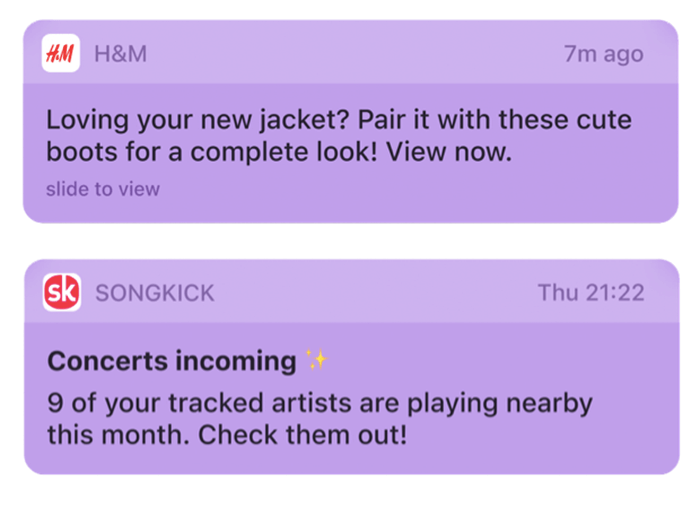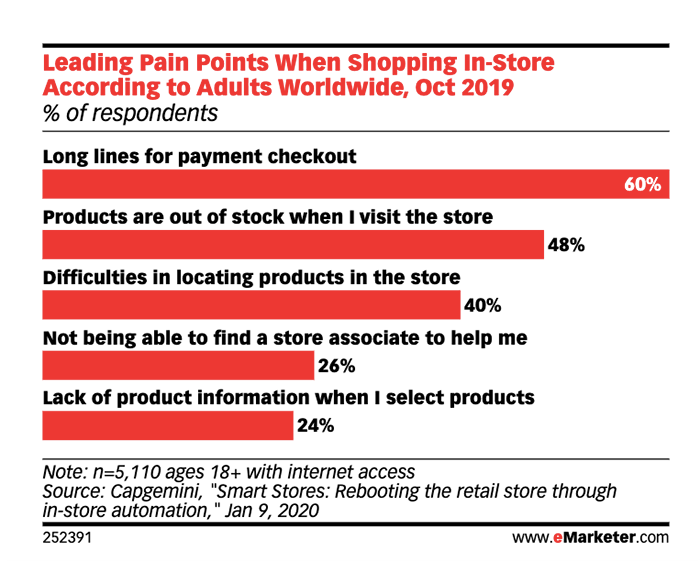You’re at a stage where you no longer dismiss the idea of a mobile app for your business outright. You now think about creating an app for your business, but still, have some questions. Not about building an app specifically. You have a good understanding of the steps involved in creating a mobile app. And you know that you can use a no-code app builder like nandbox to create your app yourself. What you are still wondering, though, is what the benefits of a mobile app might be.
A lot depends on the nature of your business and the features you include in your app. But there are core benefits to a mobile app that most businesses can unlock. Some come about just by having a mobile app, while others depend on a bit of effort on your part.
A Mobile App Boosts Brand Awareness
Have you ever been given branded merchandise after attending a trade show or industry conference, or meeting with a potential supplier? It could be branded mugs, water bottles, stationery, or USB sticks; something that you are likely to use frequently.
This isn’t simply a business or organization being overly generous. Instead, it is a clever—and inexpensive—way to boost brand awareness. Every time you use the item, you see the brand name or logo, consciously or subconsciously. And you might think of them first the next time you need something the brand supplies.
A mobile app can work in the same way. We use our phones multiple times every day, and not always for calls. We use them to message people, scroll through social media, and do a host of other activities.
Which means looking at the screen multiple times each day. And this means users with your app installed will see your app icon a few times every day. If you’ve done a good job incorporating brand colors and your logo design into your app icon, you become more memorable. The next time a user needs something you provide, there’s a greater chance they’ll think of your business first.
However, this is also contingent on your app providing value. So, make sure your app has the features users want and is easy to use.
A Mobile App Offers Customers More Value
Mobile apps do a lot for users:
- They make shopping easier and more convenient. Alternatively, they present a more convenient method for making reservations and scheduling appointments and services.
- They offer great service, as long as there aren’t any bugs present.
- They make it easy to get the latest industry and product information, or advice and tips.
- They might offer a way to connect and engage with other users through community features.
- They can alert you of special offers and discounts.
One of the first steps in creating a mobile app involves understanding what your target audience needs. Identify a problem they have and build your own app that solves it. The value this offers customers is proportional to how well your app solves their problem(s). And how easy and convenient it is to use.
More than 70 percent of consumers state they are more likely to support a brand that:
- Has an easy-to-use app.
- Has an app that allows them to transact quickly.
Whether customers use your app and not your competitors’ depends more on the value it offers them.
An App Offers Access to Better Marketing for Less
Prior to the advent of digital marketing, advertising your business and offers was far from simple. Print, television, and radio ads allowed you to target an audience based on broad demographics. But you had little idea how many potential customers saw or heard your ad. And in-store marketing is always limited to targeting actual customers without many opportunities to grow your base.
Digital marketing in the form of a branded website, search ads, and ads on social media platforms changed that. Mostly in the form of being able to fine-tune demographics for better targeting. But search and social media advertising can be costly if you’re in a highly competitive industry. You still can’t tell how many people saw your ad—impressions mean your ad was displayed, not necessarily seen. But you are able to track who clicks on your ad, along with actual conversions.
Mobile app marketing in the form of push notifications is similar to other forms of digital marketing. You can target specific users and you can track who responds to each marketing notification. The biggest difference is that, depending on how it is set up, push notifications are a low-to-no-cost solution.

And there is very little limit to how much you can segment your users. Ensuring that each marketing notification only reaches the most relevant users. You can:
- Only target customers who have/have not completed a purchase in the last X weeks.
- Promote new arrivals only to customers who have shopped in the relevant category before.
- Target customers who shop on particular days or at particular times.
- Message customers who haven’t opened the app in X days.
By segmenting your customers according to different criteria, you can even send out personalized offers. And you can track who opens each push notification and follows the links. And that allows you to segment even further. You don’t necessarily want to stop sending push notifications to users who don’t open them. Instead, you can test different copies and offers to see what they respond to.
However, as powerful as this form of marketing can be, you should still exercise caution. Sending too many notifications too frequently can lead to users turning notifications off or even deleting your app.
Improve Customer Service & Engagement
Unlike your physical store or office, your mobile app is always open and always available. Naturally, this is a huge benefit to customers who are too busy or simply unable to shop during business hours. Once you consider the pain points customers report when shopping in-store, how an app impacts customer service becomes more obvious.

If your app includes a chat feature, you make it easier for customers to contact you with queries and concerns. Even if you don’t mean 24/7, the chat channel offers an immediacy lacking in email communications. Not forgetting that it is also more convenient than making a phone call through a contact center software.
However, this again depends on how well you design your app. Does it include features that address the top pain points expressed by customers in the above chart? Does it offer customers multiple ways in which to contact your business? And does your business respond to queries and concerns promptly and with sufficient detail?
These are not the only benefits of a mobile app for your business. But what they—and most of the other benefits—have in common is that they can increase customer loyalty. And more loyal customers spend more, leading to a growth in sales and revenue.
If you’re now ready to finally get to work on creating your own mobile app, take a look at nandbox. Besides being the only app builder that allows you to build a truly native app, it also supports hundreds of features. Allowing you to easily create an app that addresses your customer’s pain points without being overly complex. And you don’t even need a credit card to get started.



